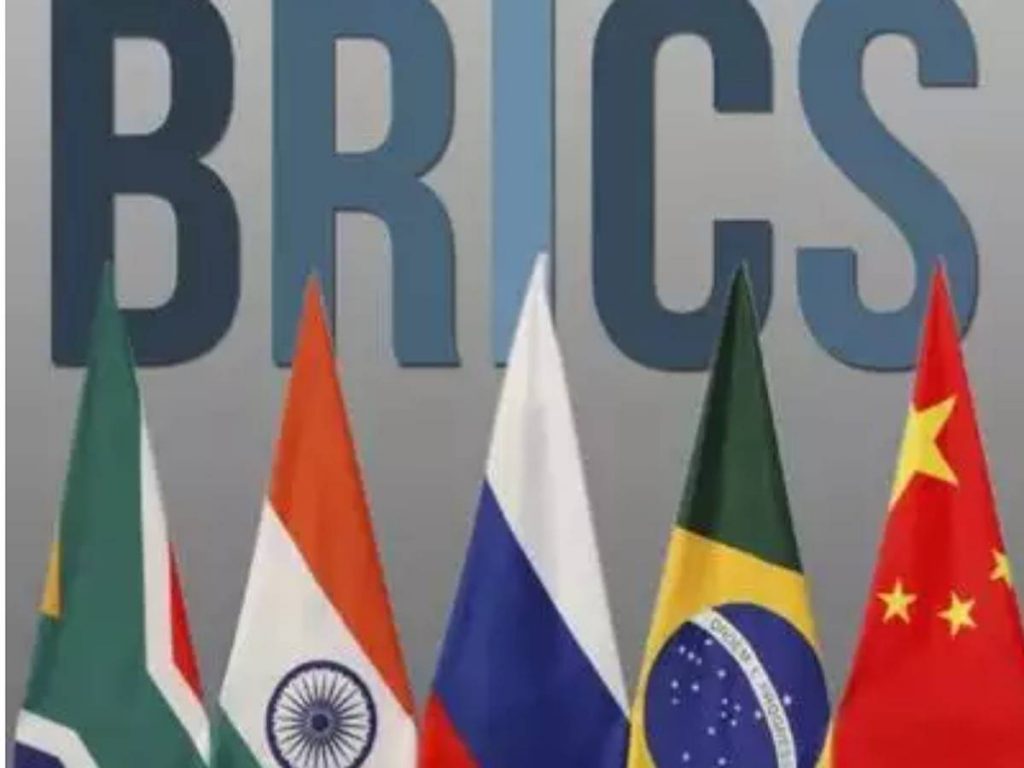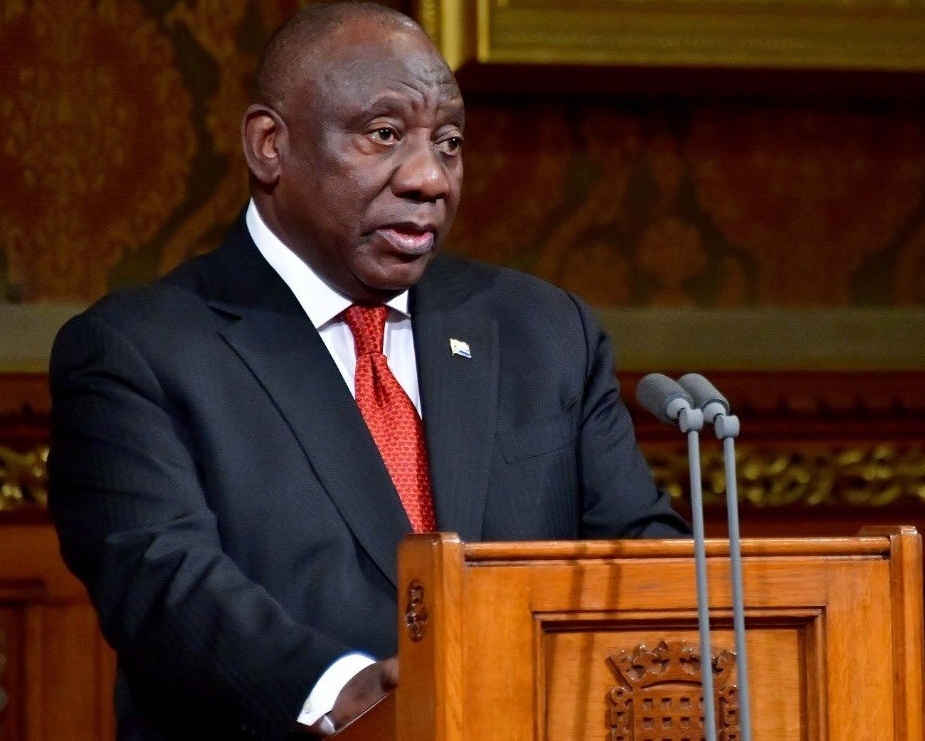While China remains Africa’s strongest development partner, it’s wary of the renewed push for influence by its geopolitical rivals…reports Asian Lite News
South Africa’s chairmanship of the BRICS club of nations has come at an opportune time. There’s fierce competition between the world’s powers for influence on the continent.
Already the country has set out its stall. The ruling African National Congress wants the group to be expanded and relations between the BRICS nations and the African Continental Free Trade Area member states strengthened. President Cyril Ramaphosa said this week that other African nations will be invited to the summit he will host this year.
That comes hot on the heels of US President Joe Biden’s African leaders summit in Washington, a high profile visit to Africa by German Vice Chancellor Robert Habeck and an August pledge of $30 billion for African development from Japan.
While China remains Africa’s strongest development partner, it’s wary of the renewed push for influence by its geopolitical rivals. Other BRICS members — Russia, Brazil and India — are also keen to assert themselves on the world stage.
More members (a decision may be made this year) would arguably increase the group’s role as a counter-weight to the developed world.
Just being part of a club that was supposed to showcase the world’s biggest rising emerging markets is a major diplomatic achievement.
The African nation’s economy is less than a quarter the size of the second smallest member, Brazil, and stagnant growth means it’s falling further behind.
Advocating the addition of countries — mooted new members include Nigeria and Senegal, as well as Argentina and Egypt — may dilute South Africa’s influence in a forum where it’s staked its economic and political future.

South Africa vows to advance African interests
South Africa will use its chairmanship of the BRICS group of leading emerging economies — comprising Brazil, Russia, India, China and South Africa — to focus on advancing African interests, the country’s President Cyril Ramaphosa has said.
South Africa has just taken over the chairmanship of the BRICS — a bloc widely seen as an alternative to dominant Western economies — from China and will host the group’s annual summit this year. Promising more African countries will be invited to attend, President Ramaphosa said he wants “to use this opportunity to advance the interests of our continent, and we will therefore through the BRICS summit be having an outreach process or moment, where we will invite other African countries to come and be part of the BRICS.”
Implicitly hitting back at the West, Ramaphosa also said that “our continent was pillaged and ravaged and exploited by other continents and we therefore want to build the solidarity in BRICS to advance the interests, of course initially of our own country, but also of the continent as a whole.” To that end, BRICS is all about allowing the “voices of the marginalized to actually be heard,” the South African leader said, adding that Africa wants to better the living standards of its people and create employment. BRICS might soon expand, as Saudi Arabia, Iran, Algeria and Argentina are reportedly interested in joining the bloc.
Asked what form advocating for Africa might take, Mikatekiso Kubayi, a researcher at the Pretoria-based research organization the Institute for Global Dialogue, told VOA it would likely be focused on helping African countries gain gr She said the summit is also about getting investment from external partners and sparking intra-continental trade.
“South Africa would want to advocate in the discussions on these issues with its other BRICS partners in terms of how we, we use the creation of a continental free trade area, not only to trade more with the external world, but primarily, which is what this initiative is really about, to trade, to create goods in the continent that we can trade within the continent,” she said.
Sidiropoulos said aside from trying to advance the economies of developing countries, BRICS is also about reforming the current multilateral system which “does not necessarily advance the interests of the global South.”
At the last BRICS summit, hosted virtually by Beijing, Ramaphosa took aim at the West, saying that during the COVID-19 pandemic rich nations did not adhere to “the principles of solidarity and cooperation when it comes to equitable access to vaccines.” eater access to the global economy.
He said BRICS is all about allowing the “voices of the marginalized to actually be heard” and said Africa wants to better the living standards of its people and create employment.
“The collective strength of the BRICS economy and the technological capability, market size, and other qualities that make BRICS a solid development partner for Africa is what South Africa will look to harness with the BRICS partners. I think that is what the president was referring to,” said Kubayi.
Elizabeth Sidiropoulos, of the South African Institute of International Affairs, said that trade would be a priority and there would be a focus on unlocking the potential of the recently formed African Continental Free Trade Area.
She noted that China, the world’s second-largest economy, is the continent’s single largest trade partner.

Leave a Reply